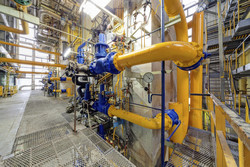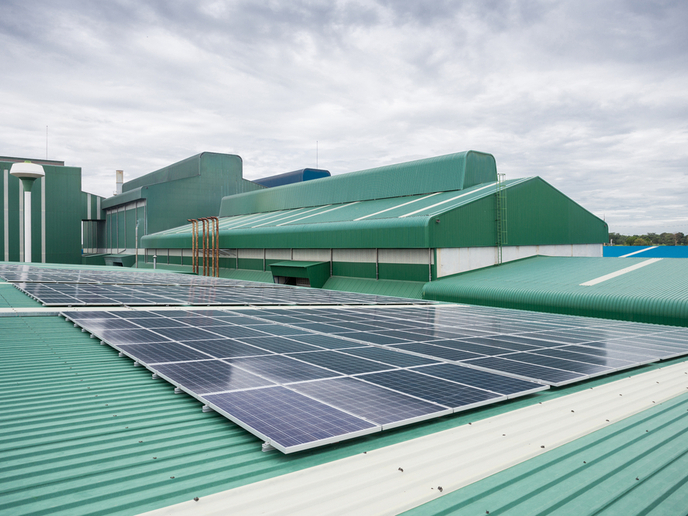Energy-efficient production processes
New industrial processes and novel ways of operating existing processes seem to be the global mantra for higher energy efficiency and reduced carbon dioxide emissions. In particular, process control and operation, rotating machinery and electrical equipment are becoming radically more integrated. This offers new opportunities for energy saving through better equipment management, automation and optimisation. There is a need for further training and research action to address current technology gaps. Scientists initiated the ENERGY-SMARTOPS(opens in new window) (Energy savings from smart operation of electrical, process and mechanical equipment) project to train a cohort of early-stage engineering researchers in this direction. Researchers successfully developed new measurement approaches and algorithms to increase confidence in condition monitoring techniques and to enable condition-based maintenance. Current methods cannot correctly diagnose the health of synchronous machines. Yet, the newly developed methods allow synchronous machine faults to be identified, distinguishing between electrical and mechanical faults. This reduces the need for periodic maintenance, rendering the process more efficient. Use of multi-sensor fusion data for combining monitoring results from multiple subsystems allows the most likely source of a fault to be identified, resulting in reduced downtime and more accurate diagnosis. Researchers developed new optimisation frameworks that use monitoring information and suggestions on the best recycle configuration of a gas compressor, thereby increasing system efficiency and reducing overall operating costs. In particular, a scheduling approach in production processes can lead to a 10 % reduction in operating costs and a decrease in energy consumption of up to 37 %. Other project achievements include improved algorithms for predictive process monitoring that can provide information about the presence of faults, their origin and their impact on the system/equipment performance. In addition, researchers devised robust advanced control techniques for electrical drives, considering iron losses and machine saturation, variations in model parameters and process requirements. Finally, a scheduling optimisation tool was developed, ensuring seamless integration and availability of data and information across a steel plant. It also allows user interaction when dealing with increasing instability in production, energy and raw material availability. ENERGY-SMARTOPS is in line with the European strategy for reducing energy consumption by at least 20 % before 2020.







